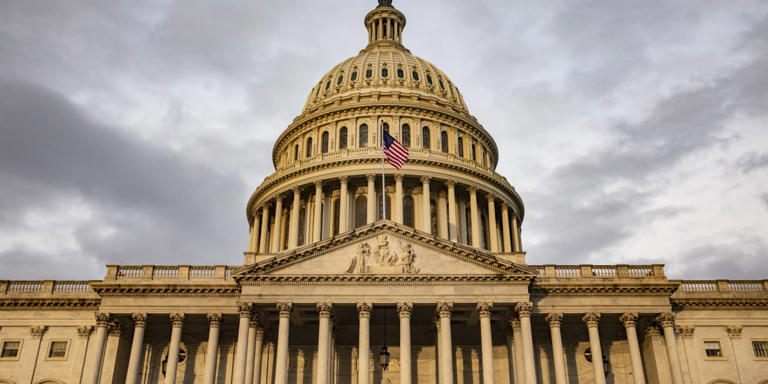The evolving landscape of U.S. tax policy, tracing its trajectory from the 1980s to the present day. During this period, Congress has generally favored tax reductions, punctuated by occasional increases during times of fiscal restraint. However, new challenges have arisen, including escalating healthcare costs and the demographic shift towards an aging population. These challenges, coupled with recent inflationary pressures driven by rising interest rates, present a unique conundrum not previously encountered.
Central to the discussion is the looming expiration of the 2017 tax cuts enacted under President Trump. Allowing these cuts to sunset raises significant concerns, particularly regarding revenue loss and its potential to exacerbate inflation and national debt. This prospect prompts a reevaluation of the prevailing tax policy paradigm and necessitates a reassessment of fiscal priorities.
In response to these challenges, policymakers have proposed divergent approaches. President Biden advocates for making most of the cuts permanent, albeit with a focus on targeting the top 2% of earners. Conversely, former President Trump supports the permanent extension of tax cuts, aligning with traditional Republican views on fiscal policy. These differing perspectives underscore the ideological divide between Democrats and Republicans regarding taxation and government spending.
The proposed tax targets reflect these ideological differences. Biden’s proposal aims to increase taxes on wealthy individuals and large corporations, positioning taxation as a means to address income inequality and generate revenue for social programs. Conversely, Trump’s stance favors tax cuts for workers, families, and American businesses, emphasizing economic stimulation and growth.
The expiration of tax cuts also impacts various sectors of the economy. Large corporations, which benefited from the 2017 tax overhaul, face the prospect of increased tax rates under Biden’s proposal. Pass-through business owners may see the expiration of certain deductions, potentially affecting their tax burden. Similarly, stock-market investors could face higher capital gains taxes, influencing investment behavior and corporate financial strategies.
Looking ahead, the future of U.S. tax policy hinges on electoral outcomes and political dynamics. Balancing deficit reduction with economic growth imperatives poses a significant challenge for policymakers. Continued deficit spending risks fueling inflation and higher interest rates, impacting consumers, bondholders, and overall economic stability.
In essence, the discourse surrounding U.S. tax policy underscores the complex interplay between economic, social, and political factors. Navigating these complexities requires a nuanced understanding of fiscal priorities and a commitment to forging consensus in pursuit of sustainable economic prosperity.
